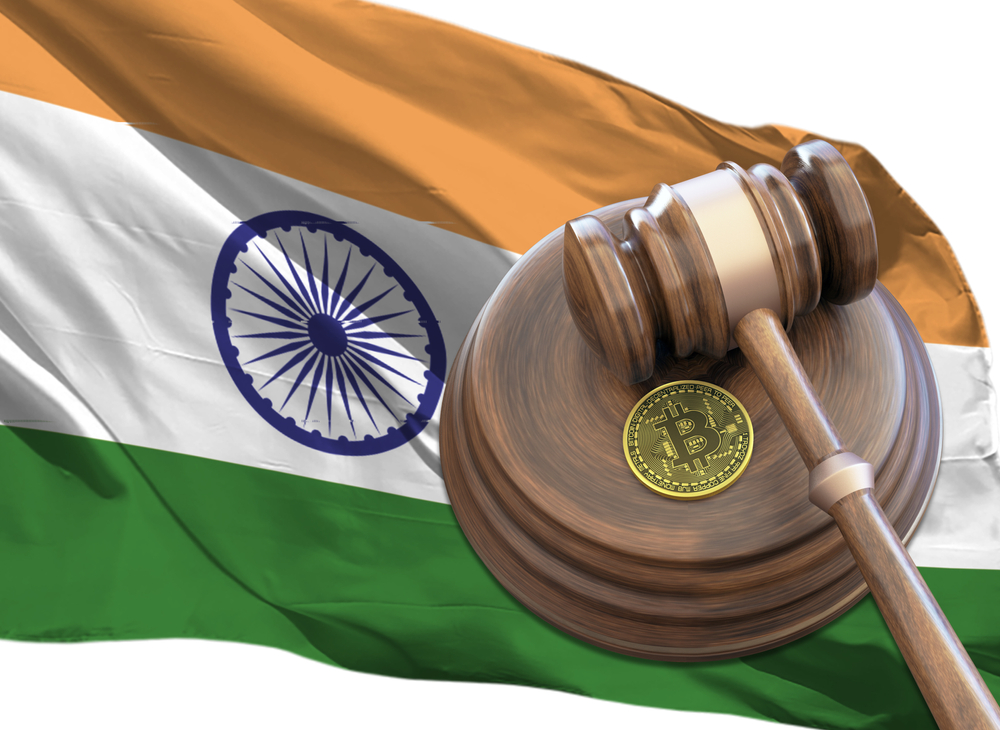Bitcoin’s arrival in the global market is a strong indication of what the future global economy would be. That projected trend became a successful fact after the subsequent rise of altcoins. Now, there are Ether, Litecoin, Ripple, and Monero, to name a few.
Crypto’s ascent affects the economic, political, cultural, and social life of mankind. While they were first viewed as a substitute for traditional (fiat) currency, they now transcend what consumers presumed them to be. Instead, they can become a driving force for the shaping of a new currency system. As promising and innovative as they sound, India deems otherwise.
India plans to blanket ban crypto
If you think China’s impression of crypto is strict and harsh, India’s on-going plans to blanket ban crypto is a more formidable challenge. A senior government official shared that the proposed bill would criminalise any activity involving crypto assets. This is called The Cryptocurrency and Regulation of Official Digital Currency Bill, 2021.
Once passed, India would be the first major economy to ban crypto completely. In that sense, how does this threat pose to the eight million Indians, existing investors, and startup companies that have invested in them? Perhaps, for now, you could still enjoy your live dealer games at your favourite crypto-based casinos. Once passed, the bill still allows crypto users to liquidate their assets within a period of six months.
The senior government official also shared that one of the reasons for drafting the bill is the lack of regulation. The value of digital currencies is so volatile that they could create long-term financial failure among investors. In either case, their move would still deal a blow to such investors.
While the content of the bill is not yet set out, crypto holders and traders still have time to deal with their assets. If they fail to do so, there will be penalties. The fines, however, are still in question. Officials refused to make it clear whether the said bill includes a jail term. What they are certain of, however, is that they are confident of getting it passed in congress.
What the crypto community thinks
The crypto community on social media deems otherwise. They believe that India will not push through with the crypto ban after the very recent mixed messages told by finance minister Nirmala Sitharaman.
When asked about the issue in an interview on India Today, she said that the cabinet note of the bill is ‘getting prepared’ and is ‘nearing completion’. That said, she also affirmed that they are not thoroughly shutting all options off nor are closing their minds. Instead, they will open a certain number of ‘windows’, to allow people, companies, investors, and fintech to use crypto assets and blockchain technology.
The minister’s statements have given hope that the bill will shift to regulation as opposed to an outright ban.
How the blanket ban will impact India’s economy
FocusEconomics, the leading provider of consensus forecasts, reported that India is set to become the world’s fifth-largest economy in 2024. With a nominal GDP of US$3.7 trillion, it will surpass both France and the U.K.
Its long-term growth is caused by active millennials and the increasing number of investors and startup companies. If the blanket ban is passed into law, the forecasted number and ranking will be far from reality.
Most of the investors and companies in India are increasingly digital natives. Examples include finance, technology, telecoms, sales, and even gaming sectors (live dealer casinos and sports betting). As ever, crypto is one method to tap because it is digital by its very nature. It is also the ideal ‘Internet currency’.



